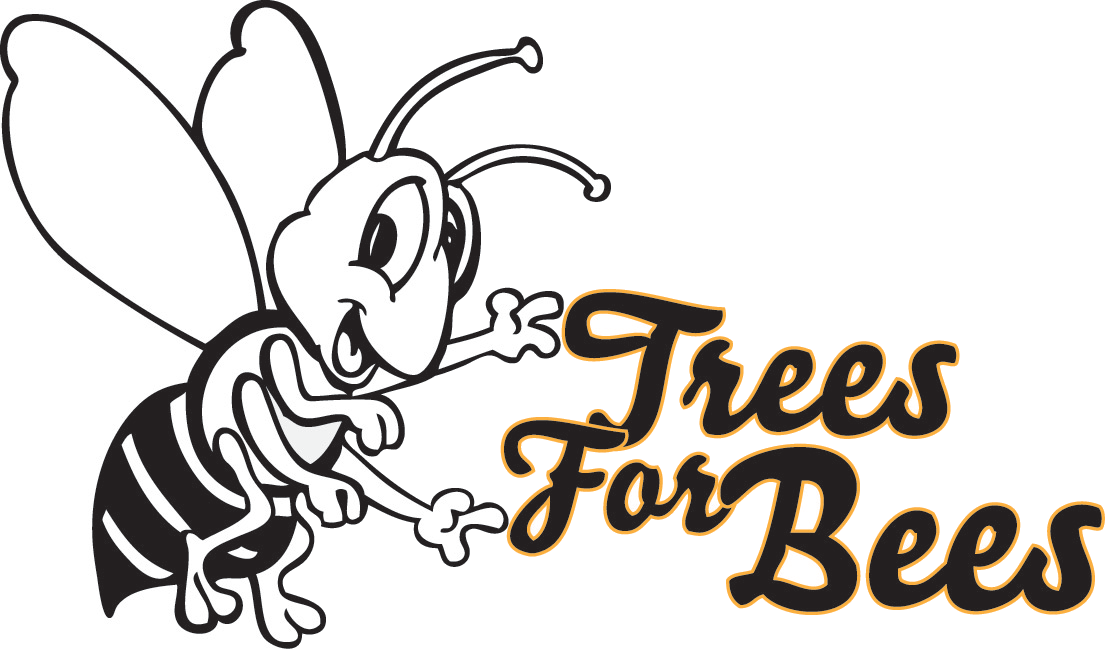Pollinator Security
Pollinator security means that we can rely on our pollinators to be available to perform four main services for us:
Sustain the regeneration of wild plants in our natural ecosystems
Provide ‘on demand’ pollination on farms and orchards for domestic and export produce
Contribute to regeneration of clover and mixed pastures and provision of seed for fodder crops
Pollinate our home gardens for vegetable and fruit production
Our agricultural economy depends on good pollination services primarily from honey bees but also from bumble bees, native bees and flies. Without pollinators, seed production is compromised and food security will come under threat not just for humans, or for export produce, but also for wildlife. Native plants depend on pollinators both insects and birds or other vertebrate pollinators.
Today, the threats to pollinators are many. The problem is that these threats all work in unison making it harder and harder for pollinator populations to grow or survive.
What does pollinator security mean in New Zealand?
Many countries are initiating programmes and systems to take care of pollinator security. In New Zealand people are starting to look at the plight of our pollinators, from the birds to the bees. Do we know enough about pollinators to be able to say that we can rely on pollinator security in New Zealand? Or are we at the stage when interventions are now critical for pollinators to survive as we are seeing in overseas countries?
What can we do to help protect pollinators?
We can promote sustainable farming systems. We can ensure that ecological restoration and conservation are balanced for pollinators. We can learn about the critical role of pollinators in our economy. Here are seven steps to promote pollinator security:
Monitor honey bee colony losses; control and treat pollinator pests, parasites and diseases, especially varroa
Prevent incursions of new pollinator pathogens, diseases, and pests into New Zealand
Monitor and prevent pesticide exposures and stop registration of new harmful pesticides
Breed stronger varroa-resistant honey bees
Improve management of bumble bees and solitary introduced and native bees that can contribute as supplementary pollinators for agriculture
Provide safe nutritious habitat for pollinators, restore lost bee-forage floral resource and prevent overstocking of bees in critical areas
Restore safe habitats for bird and vertebrate pollinators by predator removal and prevention
Some of these seven steps to pollinator security in New Zealand are underway but others need more resources, expertise and attention. The work of the Trees for Bees NZ research programme aims to contribute to step 6 – restoring pollinator food resources by planting herbs, shrubs, and trees with superior nectar and pollen resource to nourish all types of bees on farms and in gardens as well as on council and public lands. The Trees for Bees NZ programme is part of the wider efforts undertaken by the Oceania Pollinator Initiative, one of the members of the International Pollinator Initiative group.

